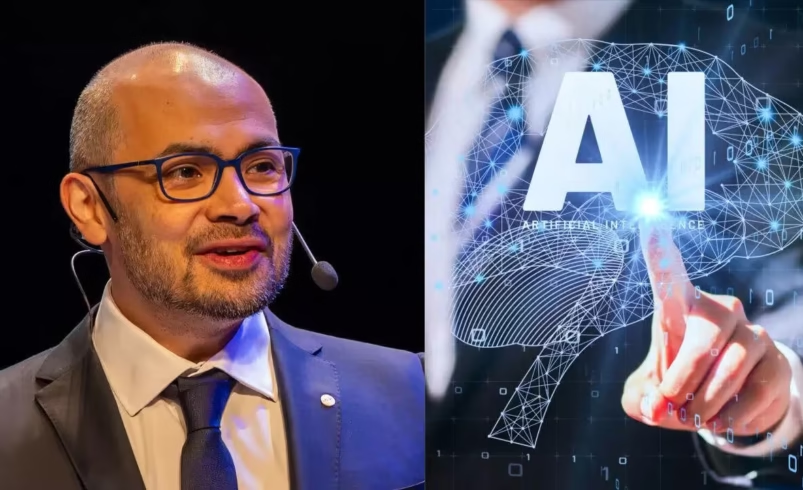DeepMind CEO Highlights AI’s Role in Drug Discovery
- September 12, 2025
- 0

Demis Hassabis, CEO of DeepMind, has unveiled a groundbreaking potential for artificial intelligence in the realm of drug discovery. By leveraging AI, the traditionally lengthy process of identifying viable drug candidates could be significantly shortened, transforming years of research into mere months. This advancement not only promises to expedite the availability of new treatments but also aims to reduce associated costs and enhance the precision of medical research.
AI’s Impact on Drug Development
The integration of AI into drug discovery processes is poised to revolutionize the pharmaceutical industry. Traditionally, developing a new drug involves extensive research and testing, often spanning several years. However, with AI-driven models like those developed by DeepMind, this timeline could be drastically reduced. These models are designed to streamline the identification of promising drug candidates, thereby accelerating the overall development process.
Enhancing Precision and Reducing Failures
One of the significant advantages of using AI in drug discovery is its ability to enhance precision. AI models can analyze vast datasets with remarkable accuracy, identifying patterns and potential outcomes that might be missed by human researchers. This capability not only increases the likelihood of success but also reduces the risk of failure during clinical trials. By lowering failure rates, pharmaceutical companies can save both time and resources.
Economic Implications for Healthcare
The economic impact of AI in drug discovery is substantial. By shortening development timelines and reducing failure rates, AI can significantly lower the costs associated with bringing new drugs to market. This cost reduction could lead to more affordable treatments for patients and potentially lower healthcare expenses globally. Furthermore, faster access to new treatments could improve patient outcomes and enhance overall public health.
A New Era in Medical Research
The introduction of AI into medical research heralds a new era characterized by innovation and efficiency. As AI continues to evolve, its applications in healthcare are expected to expand beyond drug discovery. Future advancements may include personalized medicine approaches, where treatments are tailored to individual genetic profiles, further enhancing treatment efficacy and patient care.
Conclusion: Transforming Healthcare with AI
The insights shared by Demis Hassabis underscore the transformative potential of AI in healthcare. By revolutionizing drug discovery processes, AI not only promises faster and more cost-effective treatments but also paves the way for future innovations in medical research. As these technologies continue to develop, they hold the promise of significantly improving global healthcare outcomes.